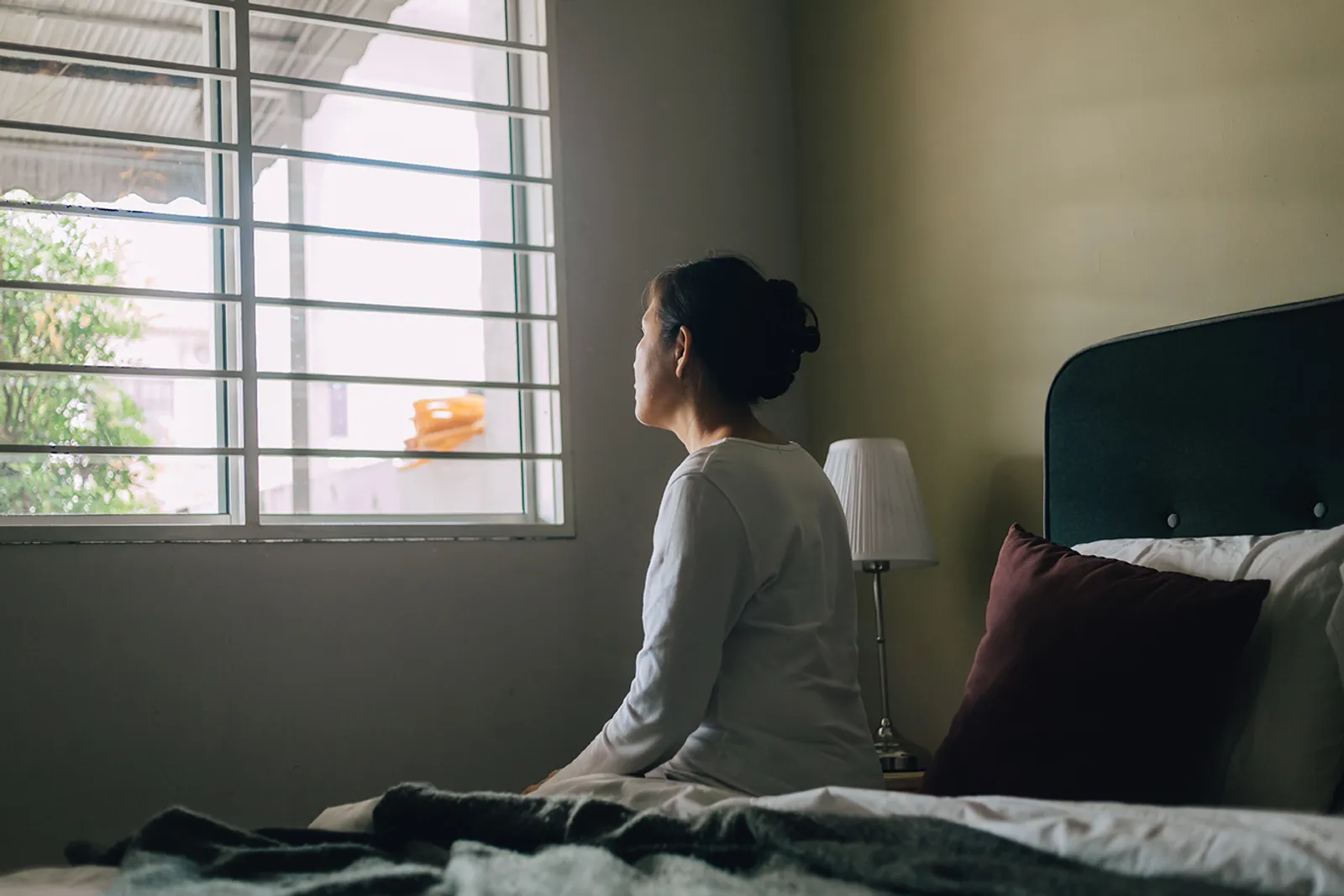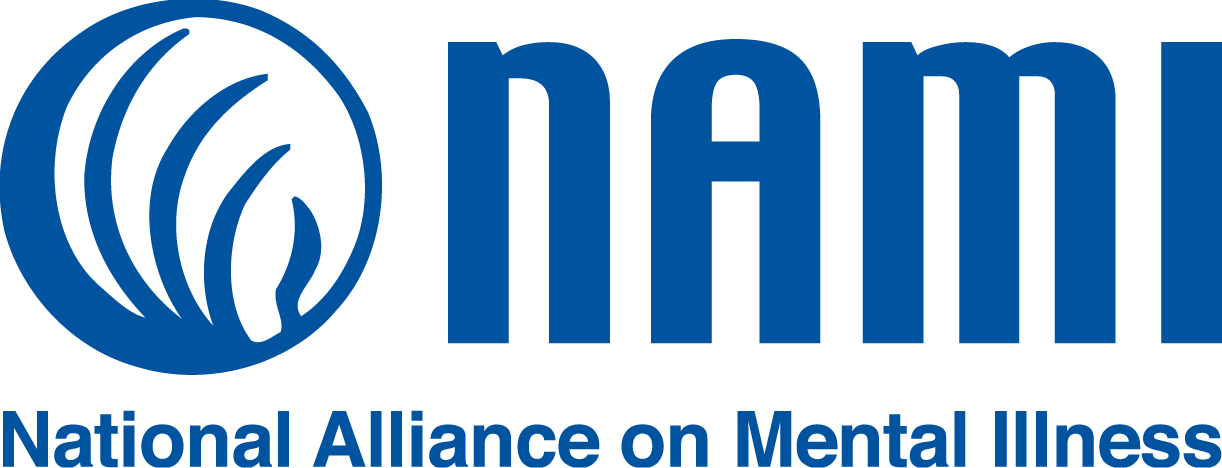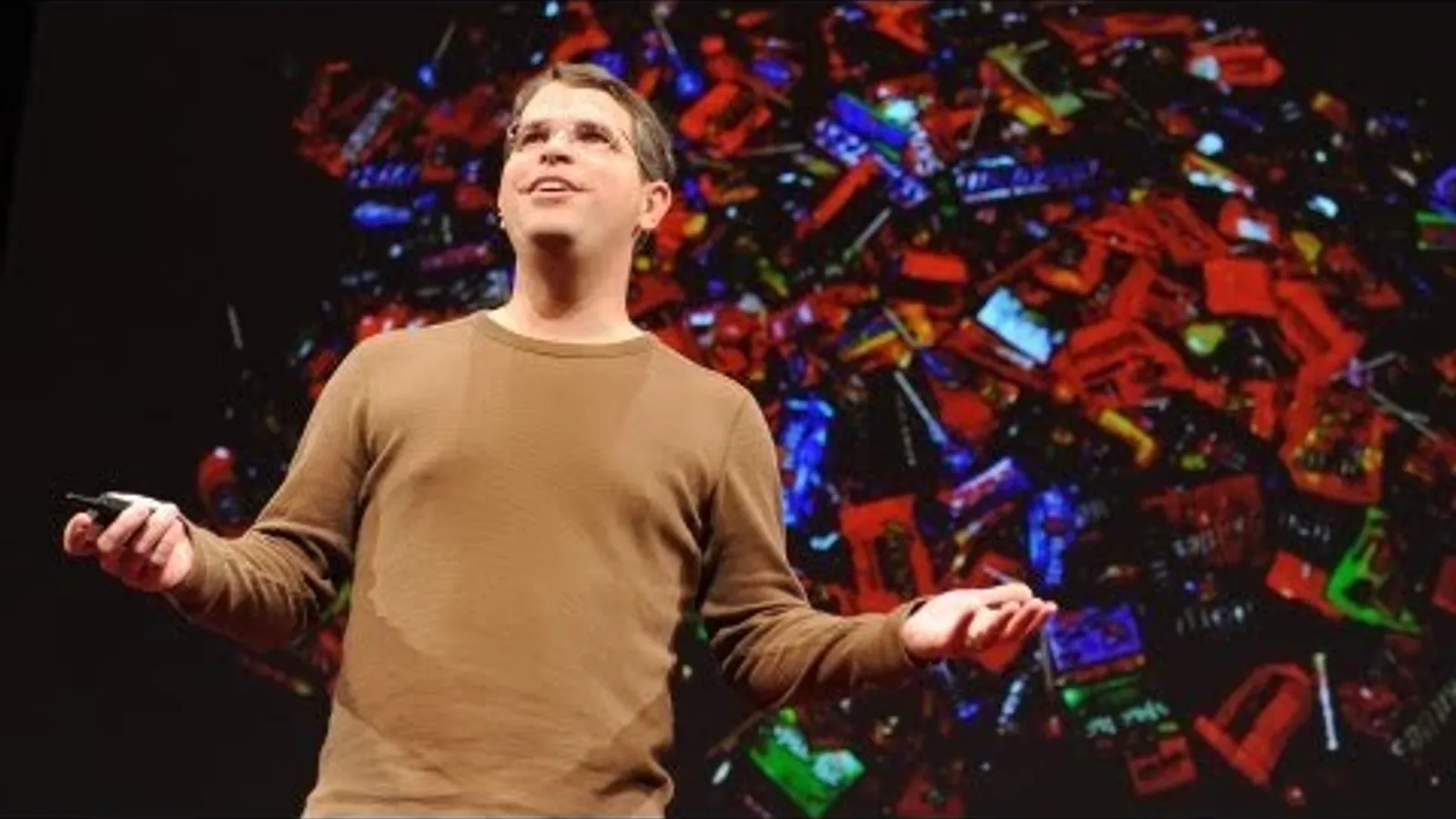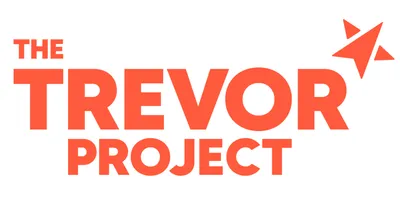
Loneliness

What is loneliness?
When we feel lonely, we’re distressed or uncomfortable in our social connections. We feel like there’s a gap between what we want our social relationships to look like and what our experiences actually are. Even people who are surrounded by others all day can be lonely. It’s about the quality and authenticity of our relationships and not just the number of them.
There’s an increase in these feelings across the U.S., so much so that the U.S. Surgeon General released a report in 2023 calling loneliness an epidemic.1
Sometimes, but not all of the time, loneliness can stem from feelings of isolation or can reinforce it. These feelings can be painful and include feeling left out and rejected.
Self-isolation is a process that can happen gradually, so it’s important to recognize it early, if possible. A few of the signs include:
- Spending the vast majority of your time alone
- Feeling extremely uncomfortable in social situations you used to enjoy
- Not communicating via text, email, or phone with others
- Feeling as if there’s nobody to lean on for help
- Generally lacking desire to connect with the world around you
It can be helpful and healthy to make time for yourself when you're struggling, but if you find yourself avoiding social interaction for an extended period, it can turn into something more. Isolation and loneliness might also be a sign of mental health conditions such as depression or anxiety.
While loneliness can affect your mental health, it can also have serious physical health consequences. Lack of social connection has been linked to higher rates of heart disease, high blood pressure and a weakened immune system. To put it into context, one study found self-isolation had the same health impact as smoking 15 cigarettes a day.
Given these potential consequences and the growing numbers of people who feel lonely, it’s even more critical to find ways to combat loneliness and connect to others in a real way.
What's causing my loneliness?
Social connection is wired into our DNA. Humans crave it just like other necessities such as food and water. That’s why when we don’t have it, it pervasively affects our mental and physical health.
There is no one cause of loneliness, and it can result from everything from a change in your living environment or a breakup to the death of a loved one. It may not even have a reason, because you’re actually surrounded by people. But, whatever the reason, you feel a disconnect and lack of support.
Some of the reasons for this can be internal, like self-esteem. You may also feel misunderstood or like others are judging you, and that can make you feel lonely. When we can’t identify with the folks around us, or our relationships don’t feel fully authentic, we may start a vicious cycle of loneliness and isolation.
Sometimes you can become isolated because of other emotions or difficulties you’re experiencing. While spending your time alone feels easier, too much time isolated in a tough mental state can lead to intrusive thoughts (unwanted thoughts that are difficult to get out of your mind) and negative self-talk. Sometimes this is a symptom or a cause of mental health conditions like depression and social anxiety as well.
Loneliness may also result from our social connections themselves. It can be difficult to maintain healthy social connections if you’re in a geographically isolated place or lost social connections because of a disruption in a routine, like COVID-19. Because there are fewer people to interact with, it may be that there are fewer opportunities to have meaningful, in-person connections.
In general, three aspects of relationships can affect how socially connected (or not) we feel:
- Structure: The size of your social groups and how frequently you interact with them
- Function: How deep your relationships are and whether your needs feel met
- Quality: Your overall level of satisfaction within a relationship—whether it leaves you feeling energized or drained
How lonely we feel depends on these qualities in our relationships, but they’re things you can work on as you reach out to make social connections.
How should I deal with loneliness?
While feeling lonely is completely normal sometimes, it’s important not to let those feelings keep you from connecting with people you care about or doing the things you once enjoyed or still want to try.
Making an effort to have in-person human interaction, even if it’s taking a walk or going to the store, can be helpful in reminding us that we have support all around us.
Things to try
-
Walking might sound almost too easy to be effective, but it elevates your heart rate enough to count as exercise and also has some amazing benefits. Research shows it can boost your mood, energy level, creativity, and productivity, making it a perfect way to clear your head and take a break. It can also help to reduce symptoms of depression, strengthen your immune system, and improve heart health. This makes it a great habit to stay physically and mentally strong so you’re better equipped to deal with stress.Explore More
-
Spend some time with a pet
Pets can provide comfort, companionship, and more often than not, a laugh, when you need it most. Science also backs up the benefits of having a pet on your mental health. Spend some time playing with your pet and enjoying each other company. If you don’t have a pet but love animals, consider volunteering at a shelter or visiting a neighbor or a friend with a pet.Explore More -
Text or call someone to say you care about them
Sending out a simple text asking how someone you care about is doing can offer mutual benefits for you both. Doing so reinforces your connectedness to others, and helps to remind you that you have support when you might need it.Explore More
What can I do now?
-
 Helpline | Text line | Online Live ChatNAMI HelpLine | National Alliance on Mental Illness (NAMI)
Helpline | Text line | Online Live ChatNAMI HelpLine | National Alliance on Mental Illness (NAMI) - WebsiteSeize the Awkward
- Online forum | Website | Support groupTrevorSpace | The Trevor Project
Citations
- U.S. Department of Health and Human Services. Surgeon General's Advisory on Building Healthy and Resilient Communities



